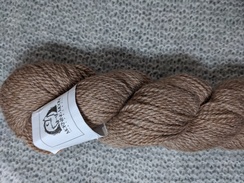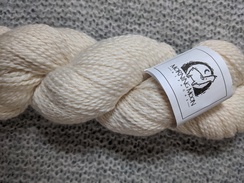The Tax Benefits of the Alpaca
Legal Tax Information
Insurance: A very important point to remember when considering investment in alpacas is that they can be insured against loss, adding peace of mind not offered by other investments.
Tax Deferred Wealth Building: With a herd growing and increasing in value, income taxes can be deferred until offspring are sold, creating a considerable advantage over traditional investments.
Tax Advantages of Alpaca Ownership: Alpaca ownership offers many unique tax advantages. These include sheltering income from other sources by expensing farm related business items, use of depreciation and capital gains treatment. If alpacas are actively raised for profit, all expenses attributable to them can be written off against income. Expenses include not only feed, fertilizer, and veterinarian care, but also depreciation of breeding stock, barns and fences.. If investors choose to board their alpacas, with care and maintenance left to a third party, breeding stock may be depreciated and the cost of maintaining the animals may be expensed. The major difference in tax treatment of active and passive owners is that passive owners may only deduct losses from their investment against the sale of animals and fiber, while active owners can take losses against all other income.
The following is a list of deductible expenses. Not all apply to passive owners agisting animals.
• Vehicle mileage for all farm related business miles.
• Fees for farm schedule income tax return preparation
• Interest
• Rent
• Attorney fees
• Farm related travel expenses
• Farm related educational expenses
• Advertising
• Labor hired to work on farm
• Farm repairs and maintenance
• Tools having a useful life of less than one year
• Farm fuel and oil
• Farm publications
• Breed association dues
• Miscellaneous chemicals (ie: weed killer)
• Real property improvements (ie: barns and equipment)
• Feed
• Veterinary costs
• Depreciation of breeding stock
• Breeding fees
• Fertilizer
• Agistment fees
For active owners, the expenses of maintaining a personal residence may not be deducted; and only the farm-use portion of such expenses as telephone, utilities, property taxes, accounting, etc. may be deducted.
There is also a direct write-of (expense) method known as Section 179 that allows a substantial deduction each tax year for newly acquired items that are normally long-term depreciable assets. This allows for the hyper-depreciation of up to $24,000 in 2001 and 2002, and will increase to $25,000 for the year 2003 and beyond. While this is subject to several limitations, it is widely utilized by small ranches to accelerate expense, if that is appropriate for your tax situation. Owners currently in high tax brackets that are changing their lifestyle in the next several years to a lower income level often use it.
It is also worth noting that an additional benefit of alpaca ownership rests with the capital gains treatment of certain sale proceeds. The sale of breeding stock qualifies for capital gains treatment, whereas any alpacas held for sale (newborns) which will not be held in a breeding program are classified as ordinary income and are taxed at a higher rate.
This information was obtained from AOBA and is believed to be current. However, tax law is complicated and always changing. This is only intended to be a brief overview of some tax benefits and is not intended to provide IRS guidelines. Please visit the AOBA web page for more detailed information. In addition to seeking the assistance of an accountant, we recommend that you send for the IRS publication #225, entitled, The Farmers Tax Guide.
Unknown Author
June 11, 2018


